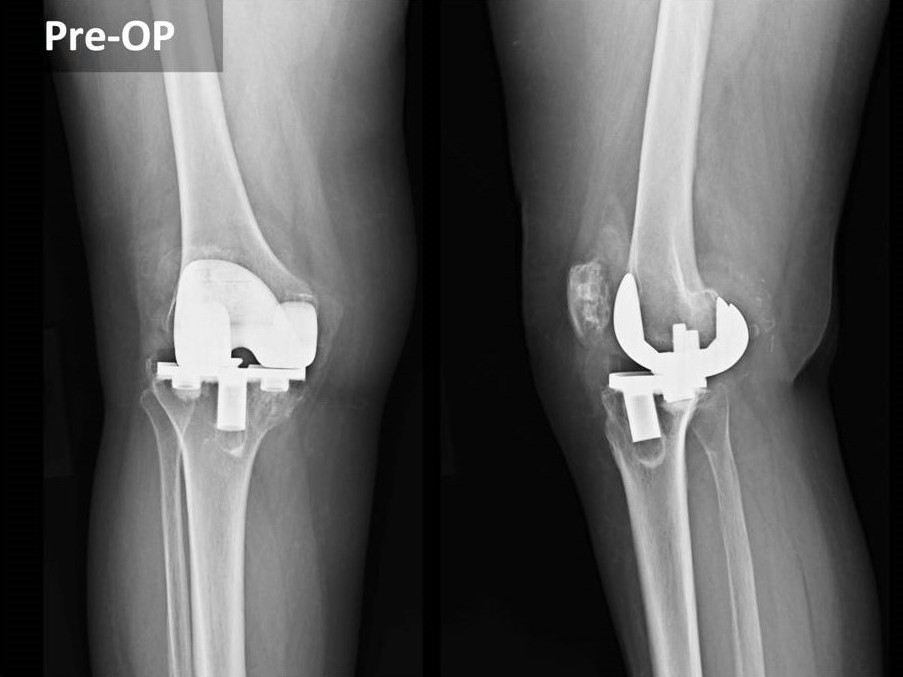
Revision Surgery
Revision surgery is a medical procedure in which a previously implanted artificial joint is replaced due to wear, loosening, infection, or other complications. This procedure is most commonly performed on major joints such as the knee, hip, and shoulder to restore function and relieve pain when the initial joint replacement has failed. It is recommended for patients experiencing persistent pain, instability, infection, or mechanical failure of the original implant that does not respond to non-surgical treatments like medication, physiotherapy, or lifestyle modifications. The surgery involves removing the failed prosthetic implant and replacing it with a new one to restore joint function. With advancements in medical technology, modern implants used in revision surgeries are designed to improve longevity and performance, allowing patients to regain movement and carry out daily activities with greater ease. The recovery process involves post-operative care, physiotherapy, and lifestyle adjustments to ensure optimal results. Patients who undergo revision surgery often experience significant pain relief, improved joint function, and an enhanced quality of life. While the procedure carries some risks like infection, bone loss, or implant failure, the benefits outweigh the risks for most patients. With proper care and rehabilitation, individuals can enjoy an active lifestyle without discomfort, making revision surgery a crucial solution for those facing complications from previous joint replacements.
Book Appointment

